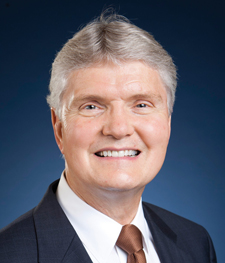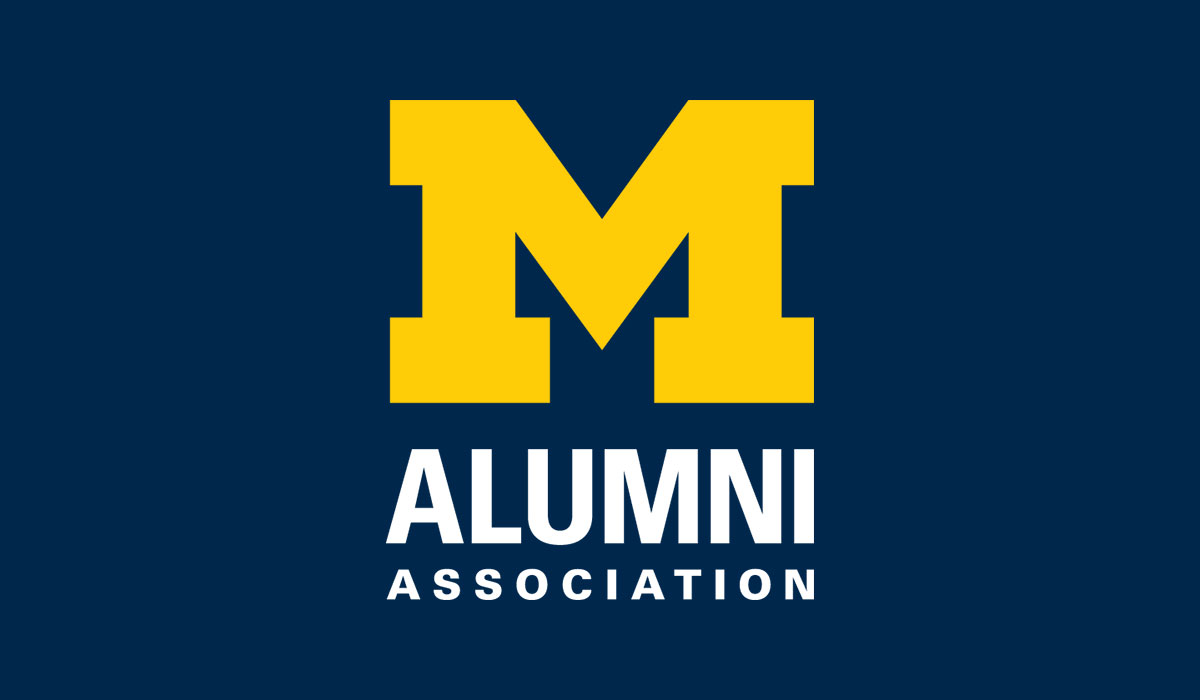 Through his research, U-M Professor Kim Cameron has discovered the benefits of the “heliotropic” effect, wherein all living systems bend toward that which is life-giving and lean away from that which is life-depleting. It is one of the building blocks of his work.
Through his research, U-M Professor Kim Cameron has discovered the benefits of the “heliotropic” effect, wherein all living systems bend toward that which is life-giving and lean away from that which is life-depleting. It is one of the building blocks of his work.
No, Cameron is not a professor of biology. Rather, as a member of the Ross School of Business faculty, he is one of the top scholars in the organizational sciences. Cameron’s scholarship—including 15 books and involvement in more than 120 academic articles—has demonstrated that the natural law applies not only to the sun-yearning plant on the windowsill, but also to professionals in a work environment.
He argues that a humane, positive work culture that emphasizes the “deviant good,” or what’s going well, tends to perform better and be more productive than one that focuses on the “deviant bad.”
Cameron, who co-founded U-M’s Center for Positive Organizations, recently traveled to share his ideas with consultants in Japan, as well as natural gas executives in China, but he took a few minutes while abroad to answer questions about his work.
Your path to positive organizational scholarship began with research focused on downsizing. Tell me about how you made that transition.
For about a dozen years, I was studying downsizing. It was hard to live in Michigan in the ’80s and ’90s without studying that. … One of the major findings that emerged from the research, and that was confirmed by others, was that most companies that downsize see a deterioration in performance. When you lay people off, production goes south, trust is frayed, and the engagement of employees takes a beating. That was typical of about 80 percent of the companies we looked at. But 10 or 15 percent were flourishing after downsizing, and the question we asked was, “What’s the difference between the few that get better and those that don’t?”
What was the answer?
Two or three of the organizations that thrived spent a lot of time enabling trust. How do you do that? Well, you try to be very honest, and very straightforward, with frequent communication, putting a high priority on justice and fairness.
How, specifically, did they achieve that?
One organization, for example, decided to spend half a day sharing data with employees. And they said, “If our competitors or the press gets a hold of this information, we’re in big trouble. But we’re going to trust you. … We’re going to share this information with you. It looks like we have to downsize more, but we’re sharing this with you so you can give us ideas, and we can see what alternatives there are and what you can do in your individual units to become more efficient.”
In that organization, people came to them, saying things like, “We have 15 people, we only need five, and I’m one that doesn’t need to be here. … But you’ve got to help us find jobs, help us with placement.”
They weren’t just escorted out the door with two weeks’ severance.
Surprisingly, your ideas seem to engender a lot of push back.
The resistance comes when people say, “This is syrupy, this is unreal, it’s Pollyanna elitism, you’re imposing a moral agenda on the world, … you’re harming the world more than you’re helping.” … My response is, “Yeah, but we’ve got very solid empirical evidence that organizations that employ these practices and create this kind of organization—the data is dramatic and clear. It really works.”
To a lot of people, it seems soft and substance-less and naive, where everyone gets a blue ribbon just for mediocrity. And that’s a product of consultants who get up and tell inspiring stories but don’t have empirical data. … I reject that as well. It’s one of the reasons why, in Positive Organizational Studies, the scholarship and rigor has to be present. Otherwise, it’s just another fad that will go away.
Jenn McKee, ’93, worked for more than a decade as a staff arts reporter for the Ann Arbor News. She is now a freelance writer whose work has appeared in The Detroit Free Press, The Detroit News, and other publications.





